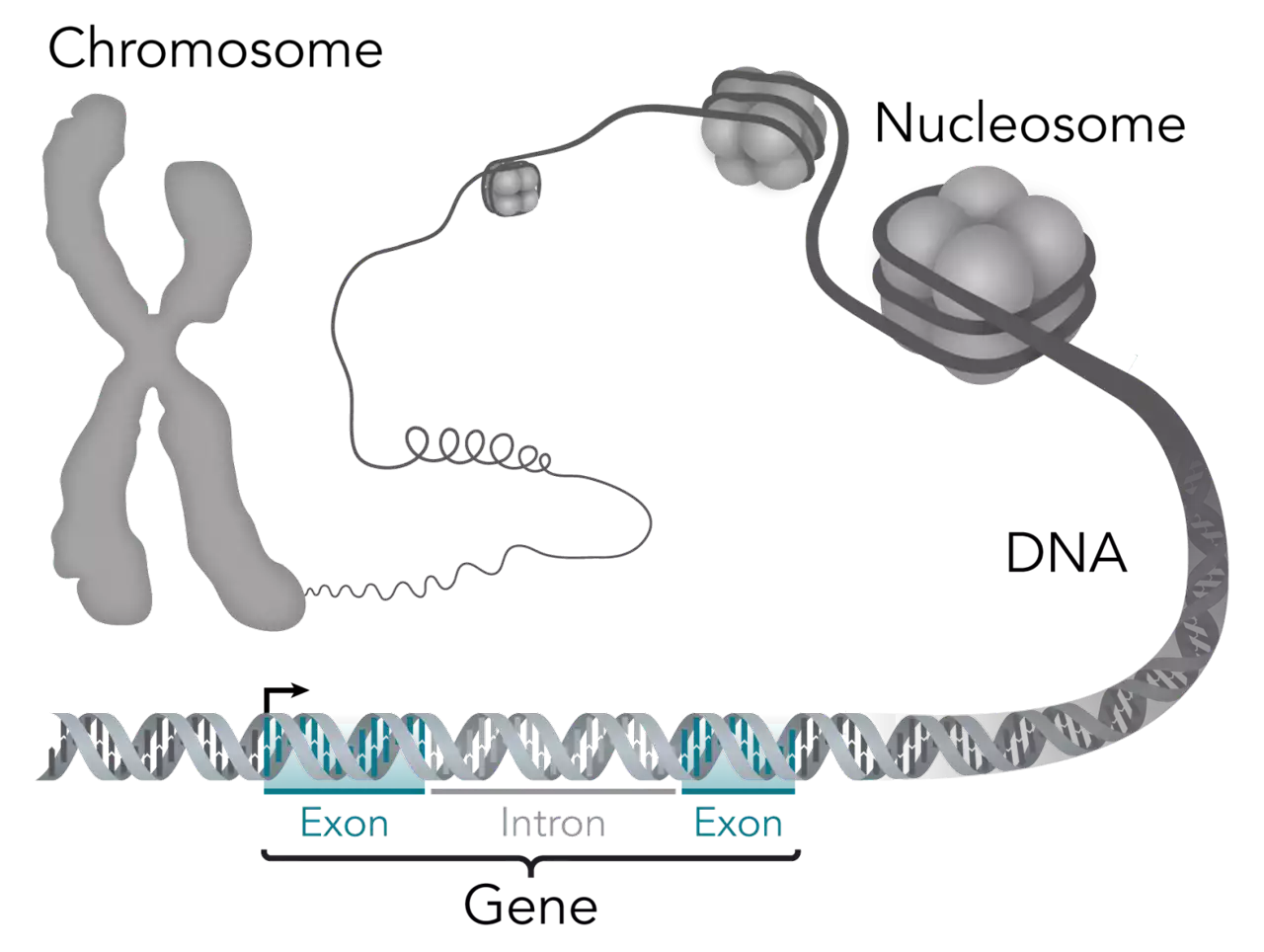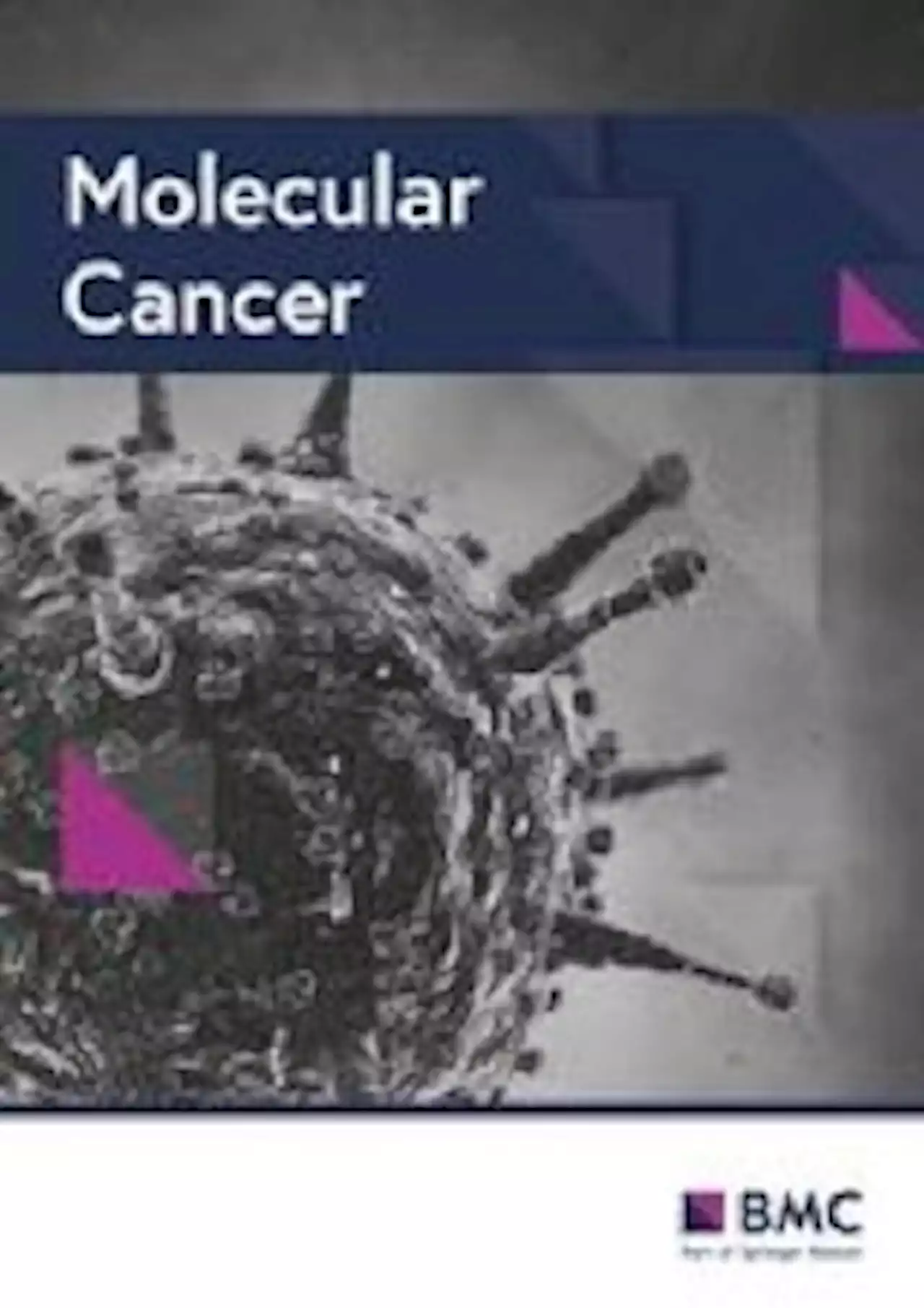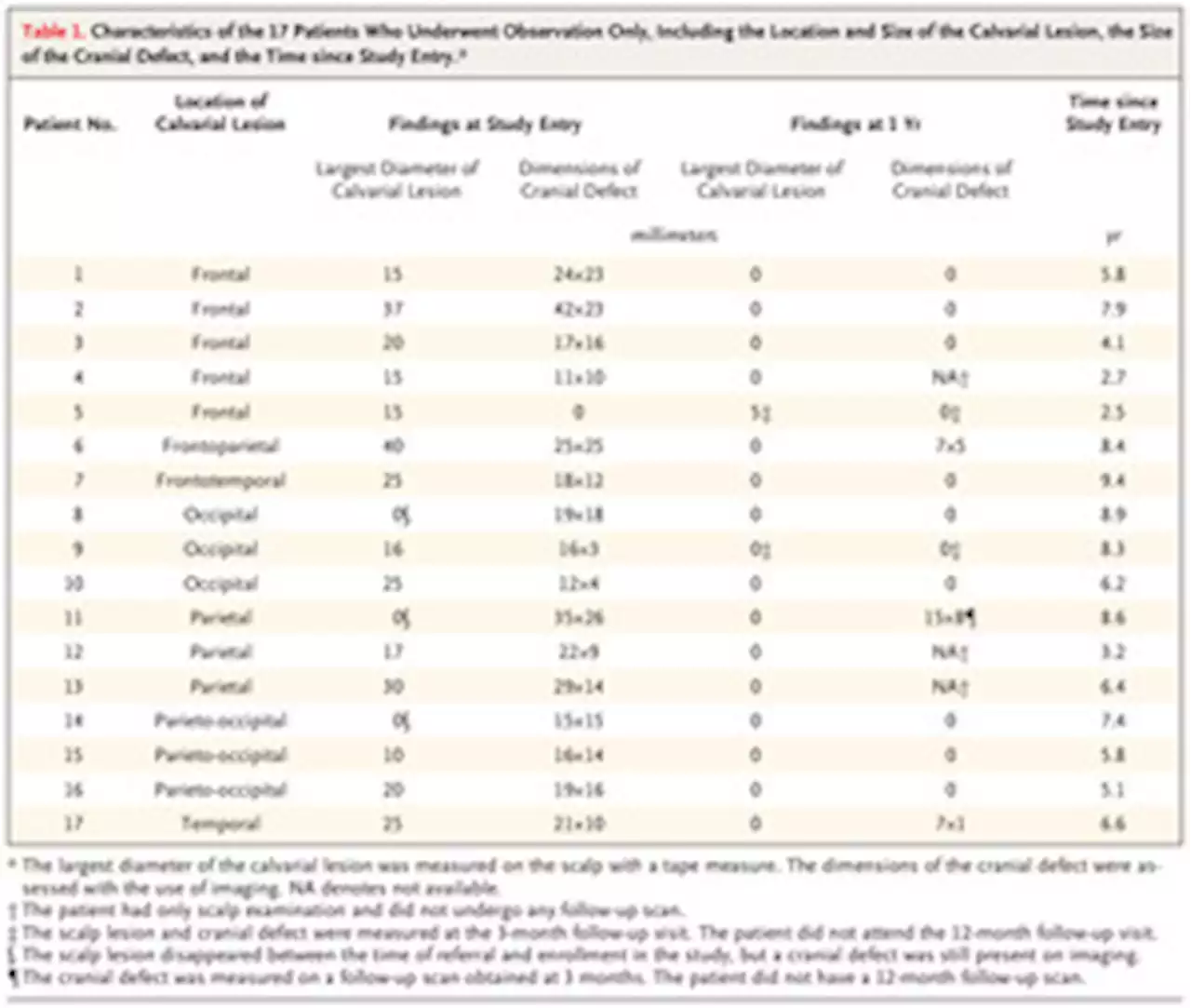Researchers discover new leukemia-killing compounds RiceUniversity
Acute myeloid leukemia is a heterogeneous group of aggressive hematological malignancies commonly associated with treatment resistance, high risk of relapse, and mitochondrial dysregulation. We identified six mitochondria-affecting compounds that exhibit selective cytotoxicity against AML cells in vitro.
Compounds derived from PS127 significantly upregulated production of reactive oxygen species in AML cells and triggered ferroptotic, necroptotic, and/or apoptotic cell death in AML cell lines and refractory/relapsed AML primary samples. These compounds exhibited synergy with several anti-leukemia agents in AML, acute lymphoblastic leukemia , or chronic myelogenous leukemia .
Ireland Latest News, Ireland Headlines
Similar News:You can also read news stories similar to this one that we have collected from other news sources.
 Novel gene for Alzheimer's disease in women identifiedAlzheimer's disease (AD) is a progressive neurodegenerative disorder and the most common cause of dementia, affecting more than 5.8 million individuals in the U.S. Scientists have discovered some genetic variants that increase the risk for developing Alzheimer's; the most well-known of these for people over the age of 65 is the APOE ε4 allele. Approximately 60 percent of people from European ancestry with Alzheimer's carry this genetic variant, compared to just 26 percent of the general population, implying that other genes contribute to the genetic makeup of the disease.
Novel gene for Alzheimer's disease in women identifiedAlzheimer's disease (AD) is a progressive neurodegenerative disorder and the most common cause of dementia, affecting more than 5.8 million individuals in the U.S. Scientists have discovered some genetic variants that increase the risk for developing Alzheimer's; the most well-known of these for people over the age of 65 is the APOE ε4 allele. Approximately 60 percent of people from European ancestry with Alzheimer's carry this genetic variant, compared to just 26 percent of the general population, implying that other genes contribute to the genetic makeup of the disease.
Read more »
 Ceritinib is a novel triple negative breast cancer therapeutic agent - Molecular CancerBackground Triple-negative breast cancers (TNBCs) are clinically aggressive subtypes of breast cancer. TNBC is difficult to treat with targeted agents due to the lack of commonly targeted therapies within this subtype. Androgen receptor (AR) has been detected in 12–55% of TNBCs. AR stimulates breast tumor growth in the absence of estrogen receptor (ER), and it has become an emerging molecular target in TNBC treatment. Methods Ceritinib is a small molecule inhibitor of tyrosine kinase and it is used in the therapy of non-small lung cancer patients. Enzalutamide is a small molecule compound targeting the androgen receptor and it is used to treat prostate cancer. Combination therapy of these drugs were investigated using AR positive breast cancer mouse xenograft models. Also, combination treatment of ceritinib and paclitaxel investigated using AR− and AR low mouse xenograft and patient derived xenograft models. Results We screened 133 FDA approved drugs that have a therapeutic effect of AR+ TNBC cells. From the screen, we identified two drugs, ceritinib and crizotinib. Since ceritinib has a well- defined role in androgen independent AR signaling pathways, we further investigated the effect of ceritinib. Ceritinib treatment inhibited RTK/ACK/AR pathway and other downstream pathways in AR+ TNBC cells. The combination of ceritinib and enzalutamide showed a robust inhibitory effect on cell growth of AR+ TNBC cells in vitro and in vivo. Interestingly Ceritinib inhibits FAK-YB-1 signaling pathway that leads to paclitaxel resistance in all types of TNBC cells. The combination of paclitaxel and ceritinib showed drastic inhibition of tumor growth compared to a single drug alone. Conclusions To improve the response of AR antagonist in AR positive TNBC, we designed a novel combinational strategy comprised of enzalutamide and ceritinib to treat AR+ TNBC tumors through the dual blockade of androgen-dependent and androgen-independent AR signaling pathways. Furthermore, we introduced
Ceritinib is a novel triple negative breast cancer therapeutic agent - Molecular CancerBackground Triple-negative breast cancers (TNBCs) are clinically aggressive subtypes of breast cancer. TNBC is difficult to treat with targeted agents due to the lack of commonly targeted therapies within this subtype. Androgen receptor (AR) has been detected in 12–55% of TNBCs. AR stimulates breast tumor growth in the absence of estrogen receptor (ER), and it has become an emerging molecular target in TNBC treatment. Methods Ceritinib is a small molecule inhibitor of tyrosine kinase and it is used in the therapy of non-small lung cancer patients. Enzalutamide is a small molecule compound targeting the androgen receptor and it is used to treat prostate cancer. Combination therapy of these drugs were investigated using AR positive breast cancer mouse xenograft models. Also, combination treatment of ceritinib and paclitaxel investigated using AR− and AR low mouse xenograft and patient derived xenograft models. Results We screened 133 FDA approved drugs that have a therapeutic effect of AR+ TNBC cells. From the screen, we identified two drugs, ceritinib and crizotinib. Since ceritinib has a well- defined role in androgen independent AR signaling pathways, we further investigated the effect of ceritinib. Ceritinib treatment inhibited RTK/ACK/AR pathway and other downstream pathways in AR+ TNBC cells. The combination of ceritinib and enzalutamide showed a robust inhibitory effect on cell growth of AR+ TNBC cells in vitro and in vivo. Interestingly Ceritinib inhibits FAK-YB-1 signaling pathway that leads to paclitaxel resistance in all types of TNBC cells. The combination of paclitaxel and ceritinib showed drastic inhibition of tumor growth compared to a single drug alone. Conclusions To improve the response of AR antagonist in AR positive TNBC, we designed a novel combinational strategy comprised of enzalutamide and ceritinib to treat AR+ TNBC tumors through the dual blockade of androgen-dependent and androgen-independent AR signaling pathways. Furthermore, we introduced
Read more »
 Daniel Greer: More than 8,000 register as donors after family appealMore than 8,000 people have registered as potential stem cell donors in the past week after hearing the story of Newry teenager Daniel Greer, a charity says
Daniel Greer: More than 8,000 register as donors after family appealMore than 8,000 people have registered as potential stem cell donors in the past week after hearing the story of Newry teenager Daniel Greer, a charity says
Read more »
 Grandma, 89, with leukaemia 'left in A&E corridor for 30 hours' after cutting head openAn 89-year-old grandmother with leukaemia was left in a hospital corridor for over 30 hours after cutting her head open, her daughter claims, as the NHS continues to experience 'exceptionally high' pressure.
Grandma, 89, with leukaemia 'left in A&E corridor for 30 hours' after cutting head openAn 89-year-old grandmother with leukaemia was left in a hospital corridor for over 30 hours after cutting her head open, her daughter claims, as the NHS continues to experience 'exceptionally high' pressure.
Read more »
 Nonoperative Management of Childhood Calvarial Langerhans-Cell Histiocytosis | NEJMCorrespondence from The New England Journal of Medicine — Nonoperative Management of Childhood Calvarial Langerhans-Cell Histiocytosis
Nonoperative Management of Childhood Calvarial Langerhans-Cell Histiocytosis | NEJMCorrespondence from The New England Journal of Medicine — Nonoperative Management of Childhood Calvarial Langerhans-Cell Histiocytosis
Read more »
 Ceritinib is a novel triple negative breast cancer therapeutic agent - Molecular CancerBackground Triple-negative breast cancers (TNBCs) are clinically aggressive subtypes of breast cancer. TNBC is difficult to treat with targeted agents due to the lack of commonly targeted therapies within this subtype. Androgen receptor (AR) has been detected in 12–55% of TNBCs. AR stimulates breast tumor growth in the absence of estrogen receptor (ER), and it has become an emerging molecular target in TNBC treatment. Methods Ceritinib is a small molecule inhibitor of tyrosine kinase and it is used in the therapy of non-small lung cancer patients. Enzalutamide is a small molecule compound targeting the androgen receptor and it is used to treat prostate cancer. Combination therapy of these drugs were investigated using AR positive breast cancer mouse xenograft models. Also, combination treatment of ceritinib and paclitaxel investigated using AR− and AR low mouse xenograft and patient derived xenograft models. Results We screened 133 FDA approved drugs that have a therapeutic effect of AR+ TNBC cells. From the screen, we identified two drugs, ceritinib and crizotinib. Since ceritinib has a well- defined role in androgen independent AR signaling pathways, we further investigated the effect of ceritinib. Ceritinib treatment inhibited RTK/ACK/AR pathway and other downstream pathways in AR+ TNBC cells. The combination of ceritinib and enzalutamide showed a robust inhibitory effect on cell growth of AR+ TNBC cells in vitro and in vivo. Interestingly Ceritinib inhibits FAK-YB-1 signaling pathway that leads to paclitaxel resistance in all types of TNBC cells. The combination of paclitaxel and ceritinib showed drastic inhibition of tumor growth compared to a single drug alone. Conclusions To improve the response of AR antagonist in AR positive TNBC, we designed a novel combinational strategy comprised of enzalutamide and ceritinib to treat AR+ TNBC tumors through the dual blockade of androgen-dependent and androgen-independent AR signaling pathways. Furthermore, we introduced
Ceritinib is a novel triple negative breast cancer therapeutic agent - Molecular CancerBackground Triple-negative breast cancers (TNBCs) are clinically aggressive subtypes of breast cancer. TNBC is difficult to treat with targeted agents due to the lack of commonly targeted therapies within this subtype. Androgen receptor (AR) has been detected in 12–55% of TNBCs. AR stimulates breast tumor growth in the absence of estrogen receptor (ER), and it has become an emerging molecular target in TNBC treatment. Methods Ceritinib is a small molecule inhibitor of tyrosine kinase and it is used in the therapy of non-small lung cancer patients. Enzalutamide is a small molecule compound targeting the androgen receptor and it is used to treat prostate cancer. Combination therapy of these drugs were investigated using AR positive breast cancer mouse xenograft models. Also, combination treatment of ceritinib and paclitaxel investigated using AR− and AR low mouse xenograft and patient derived xenograft models. Results We screened 133 FDA approved drugs that have a therapeutic effect of AR+ TNBC cells. From the screen, we identified two drugs, ceritinib and crizotinib. Since ceritinib has a well- defined role in androgen independent AR signaling pathways, we further investigated the effect of ceritinib. Ceritinib treatment inhibited RTK/ACK/AR pathway and other downstream pathways in AR+ TNBC cells. The combination of ceritinib and enzalutamide showed a robust inhibitory effect on cell growth of AR+ TNBC cells in vitro and in vivo. Interestingly Ceritinib inhibits FAK-YB-1 signaling pathway that leads to paclitaxel resistance in all types of TNBC cells. The combination of paclitaxel and ceritinib showed drastic inhibition of tumor growth compared to a single drug alone. Conclusions To improve the response of AR antagonist in AR positive TNBC, we designed a novel combinational strategy comprised of enzalutamide and ceritinib to treat AR+ TNBC tumors through the dual blockade of androgen-dependent and androgen-independent AR signaling pathways. Furthermore, we introduced
Read more »
